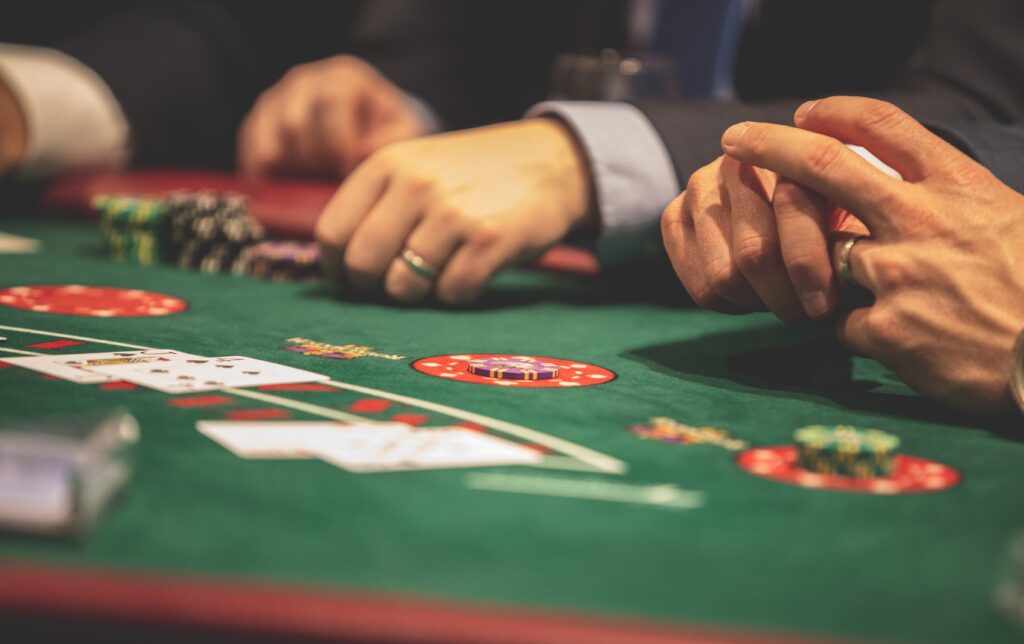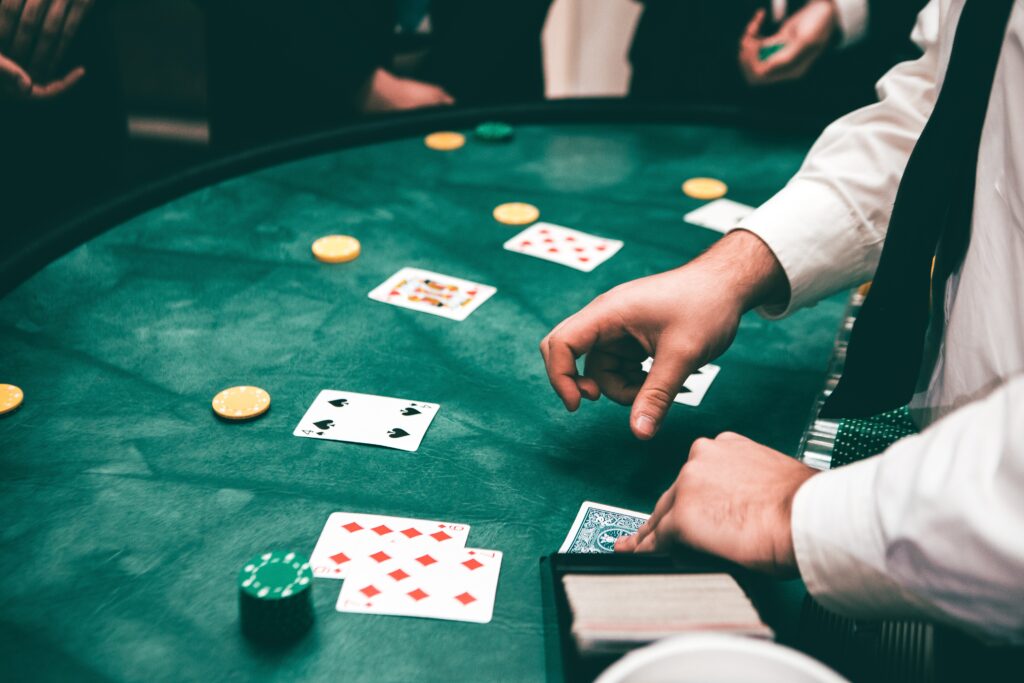It takes more than just making money to get rich and stay rich. If you must maintain a stable financial life, there are some financial habits you must avoid and ones to embrace. As a rule of thumb, you have to avoid habits that can put you out of the control of your finances.
Gambling is one of those financial habits that can become addictive. Although gambling is a legal means of earning money in countries like the USA, you need to be wary of getting addicted as it can have serious negative impacts on your finances and other areas of your life. Let’s consider what gambling addiction is and how it can affect your finances negatively.

What Does Gambling Mean?
Gambling simply means staking money or other valuables to earn a greater refund under certain specified conditions. It often involves two parties taking the two sides of a condition and committing a valuable to the winner. Another common name for gambling is betting.
For instance, two sports lovers can bet on a football match by predicting the result and staking their money. At the end of the match, the person with the correct prediction goes with the staked valuables.
What is Gambling Addiction?
Gambling addiction or disorder occurs when you can no longer control the desire to gamble, regardless of the possible negative effects it has on your life. If you’re addicted to gambling, you’ll find more reasons to gamble, take greater risks, and bet more frequently. This is also known as compulsive gambling.
How Does Gambling Addiction Affect Your Finances?
When gambling becomes compulsive, there are many adverse effects it can have on the gambler. Some of the common detriments include:
#1. Accumulation of Debt
Addicted gamblers can risk everything they have just to bet. In that case, it is easy to spend without a budget and fall into debt. A significant characteristic of gambling is that you lose more and more while attempting to gain back what you’ve lost.
So, being addicted to gambling can make you bet until you have nothing left, and even borrow to continue gambling to recover. Debts don’t just affect the flow of your finances; there are also severe adverse effects of debts on mental health.

#2. Inability to Provide Basic Needs
Due to uncontrolled spending, addicted gamblers often spend money set aside for other purposes. More often than not, money allocated for basic expenditures goes to their gambling and eventually gets lost. Consequently, the gambler may not be able to afford their basic costs of living.
#3. High-risk Investment
When gambling becomes an addiction, you’re most likely to take high-risk decisions just to keep up with your gambling habit. Due to the strong urge, there’s little or no time for proper investment analysis, which always leads to a loss of stakes.
#4. Poor Credit Score
If you’re addicted to gambling, it’s often difficult to repay debts as virtually every money goes to gambling. And, when you accumulate debts, it becomes more difficult to repay when due which eventually gets you a poor credit score. The ultimate effect is that you’ll find it difficult to borrow money for more reasonable needs due to a lack of creditworthiness.

Conclusion
Addictions generally start with little consistent efforts before the control is eventually lost. So, if you’re a gambler, you need to be careful not to lose control over your desire to gamble to avoid the consequences listed above and more. If people in your life have expressed concern about your gambling, you should take their concerns seriously and seek professional help.

